With a brief look at some notables along the road, Chang Terhune’s Music Mondays aims to shed light on both new and old(er) music over a wide spectrum of sound (and vision). This week, the mesmerizing compositions of Vladislav Delay, Oval, and Autechre.
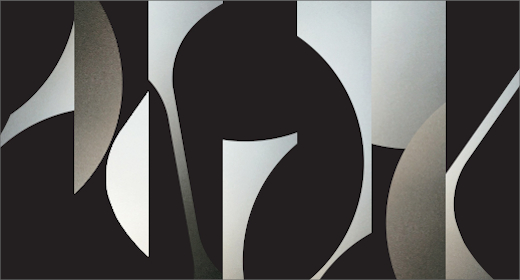
Sounds can be shapes
I hesitate to call myself a musician but for lack of a better term I guess I am. I cannot read music well, my chops are rough and what I do to the instruments I supposedly play could be considered a hate crime. I toil in the realm of electronic music which is more forgiving than other genres for lack of formal training. Personally, I see music in a synesthetic sense. It’s a line or waveform in my head, colors corresponding to high or low sounds where sounds can be shapes as much as they are perturbations of air molecules. There’s a beginning, middle, and end which I achieve by manipulating machines and software.
Despite this I often find myself absolutely mesmerized by how others compose their work. I read technical magazines, study new software, and get and keep myself abreast of the latest developments. Yet there is still wonder for me in that I do no know how others make the music they do. How do they decide what to write? Where does it begin? Where does it end? And how? How?!
A few examples follow.
Vladislav Delay :: Whistleblower — Whistleblower marked a major departure for Sasu Ripatti from the more beat driven tracks he became known for. As noted on this very site in 2007, it’s a violent record in which every song arrives broken, held together by the vague haze of drones, and falls apart again and again. Only a few of the tracks come together into a recognizable shape like “Wanted (To Kill)” and “Lumi” for a time before eventually collapsing. It’s remarkable how Ripatti creates these pieces from entropy because in the hands of a lesser artist they’d easily sound like recordings from an bad soundcheck of entirely broken machines yet he makes them into something astounding even as it falls apart while one listens.
Oval :: Diskont 94 — Oval, aka Markus Popp, is an enigmatic entity. Once a quartet it is now the sole province of Popp to create his works. Fond of cut-up techniques involving mutilating CDs then composing with the resulting chaos is not something done easily. There’s a method to this madness which is why Oval is as polarizing as he is popular. The work I return to most is Diskont 94 (Mille Plateaux) which was the last Oval album as a trio. It’s a disjointed and jarring affair for the most part. But the track “Do While” has become a personal favorite perhaps because it’s both challenging and beautiful at the same time. I bought the CD on a friend’s recommendation and hated it. But as I walked home through a snowstorm “Do While” played perfectly in sync with the storm. Since then I always listen to it when it snows.
Autechre :: Live — I’m an ardent fan of Autechre since I bought Amber back when it came out. I’ve written about them at length here before. By the time their LP5 album dropped they were well known as trailblazers. Their following albums shed all ties to their influences and became unique and polarizing works (their fandom is often split between pre and post Tri Repetae {Warp} fans). I’ve remained a fan though I’d be lying if I said I like all of it or even understood all of it. I’ve only just recently begun to appreciate LP5 and Exai for example which means I’ll be singing the praises of elseq 1–5 when I’m in my seventies.
For the last ten years or more they’ve worked almost exclusively in MAX/MSP a programming language that allows the use to build software instruments. It allows creation of instruments never before possible which describes Autechre perfectly. Booth and Brown have stated it allows them a flexibility and creative freedom they’ve never found elsewhere. It’s safe to say it works for them due to their consistent and prolific output.
Autechre began releasing live show recordings in 2018 which is what they say their future releases will be. Their live shows are not for the faint of heart. They perform in total darkness with the only light being from their laptop screens (and Sean Booth’s vape pen). In this setting the music becomes overwhelming and imposing, inescapable in volume and scope.






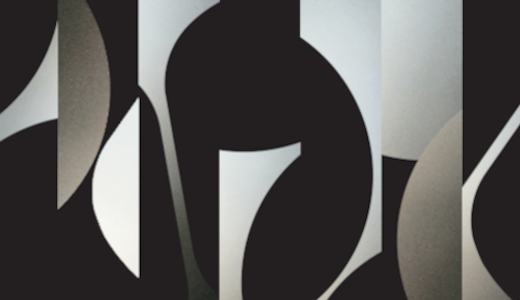
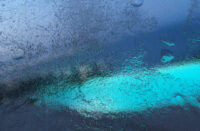
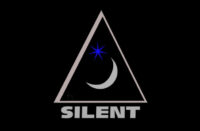


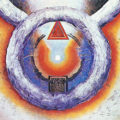
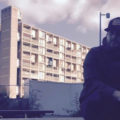
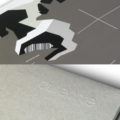
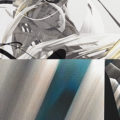
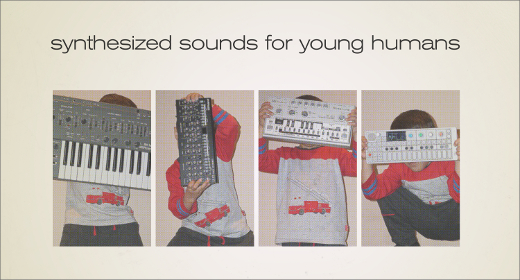


![Extrawelt :: AE-13 (Adepta Editions) — [concise]](https://igloomag.com/wp/wp-content/uploads/2025/04/extrawelt-ae-13_v_feat-75x75.jpg)
![Beyond the Black Hole :: Protonic Flux EP (Nebleena) — [concise]](https://igloomag.com/wp/wp-content/uploads/2025/04/beyond-the-black-hole-protonic-flux_feat-75x75.jpg)
![H. Ruine, Mikhail Kireev :: Imagined / Awakenings (Mestnost) — [concise]](https://igloomag.com/wp/wp-content/uploads/2025/04/h-ruine-mikhail-kireev-imagined-awakenings_feat2-75x75.jpg)


![Squaric :: 808 [Remixes] (Diffuse Reality) — [concise]](https://igloomag.com/wp/wp-content/uploads/2025/04/squaric-808-remixes_feat-75x75.jpg)


